Gone are the days when mothers on TV were confined to the kitchen, their aspirations simmering along with the pots on the stove. Now, they're leading courtrooms, running businesses, and saving the world—all while managing the dynamics of family life. This shift towards multifaceted representations has not only shattered stereotypes but has empowered viewers. Discover how the portrayal of mothers on TV has evolved, reflecting broader societal changes and inspiring a new generation.

The Evolution of TV Mothers: From Homemakers to Heroes
Initially, television presented mothers as perfect homemakers, immaculately dressed and unfailingly supportive, their narratives tightly woven around domestic spaces. This era witnessed characters like June Cleaver in Leave It to Beaver, epitomizing the idealized, one-dimensional portrayal of motherhood.

As decades passed, the feminist movement and shifts in social norms began to influence TV scripts. Shows like Roseanne and The Cosby Show introduced audiences to mothers who were not only caretakers but also working professionals, dealing with real-life issues and challenges. This marked a crucial shift, embedding the idea that mother's roles extend beyond the household.
The evolution continued with series' like Gilmore Girls and Breaking Bad, showcasing single mothers and those facing extreme adversity. These characters were complex, flawed, and infinitely relatable, pushing the boundaries of traditional motherhood and highlighting their resilience and strength.
Breaking the Mold: Iconic TV Mothers Who Changed the Narrative
Characters such as Lorelai Gilmore and Claire Huxtable have become cultural icons, known for their wit, wisdom, and unconditional love. They managed to balance personal ambitions with the demands of parenting, breaking the mold of the traditional TV mother.
In more recent years, Game of Thrones' Cersei Lannister and Breaking Bad's Skyler White have introduced a different type of TV mother: powerful, complex, and morally ambiguous. These characters defy easy categorization, challenging audiences to reconsider what it means to be a 'good' mother.
Realism and Relatability: Mothers on TV Reflecting Real-World Struggles
Shows like This Is Us and Better Things offer a more nuanced, raw representation of motherhood, acknowledging the struggles and joys of raising children alone. These stories resonate deeply with viewers, providing a mirror to their own experiences and challenges.
The authenticity and vulnerability displayed by characters in these series have sparked important conversations about mental health, identity, and the societal expectations placed on mothers, contributing to a more inclusive and empathetic understanding of motherhood.
The Power of Representation: Why Diversity in TV Motherhood Matters
Diverse representations of mothers on TV help to normalize a spectrum of family structures, cultural backgrounds, and parenting styles, enriching the narrative landscape. Shows like Black-ish, One Day at a Time, and Fresh Off the Boat provide visibility to stories often left untold, offering viewers different models of motherhood and family life.
This diversity not only challenges stereotypes but also provides comfort and identification for audiences who see their experiences and cultures reflected on screen, highlighting the universality of love, sacrifice, and strength inherent in motherhood.
Inspiring Future Generations: The Lasting Impact of TV's Strongest Mothers
The portrayal of mothers on TV serves as an inspiration, showing that women can navigate the complexities of motherhood while pursuing their dreams. These characters empower viewers to strive for their own goals, reinforcing the idea that being a mother is just one aspect of a woman's identity.
As we look towards the future, the evolving portrayal of mothers on TV holds the promise of pushing societal norms even further, inspiring generations to reimagine what motherhood looks like and what it can be. The stories we tell about mothers will continue to shape perceptions, encouraging a world where mothers are celebrated for all they are and all they do.
Empowered Reflections
Through the lens of television, we've seen the role of mothers undergo a profound transformation, moving from peripheral characters to central figures in storytelling. This journey reflects the ongoing struggle for equality and recognition in society. By breaking stereotypes and showcasing strength in diversity, mothers on TV continue to inspire and challenge both the industry and viewers. Their portrayals serve as a reminder of the complex, powerful roles mothers play both in fiction and reality, encouraging a more nuanced understanding of motherhood in all its forms.

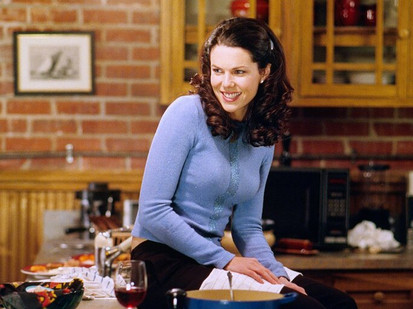
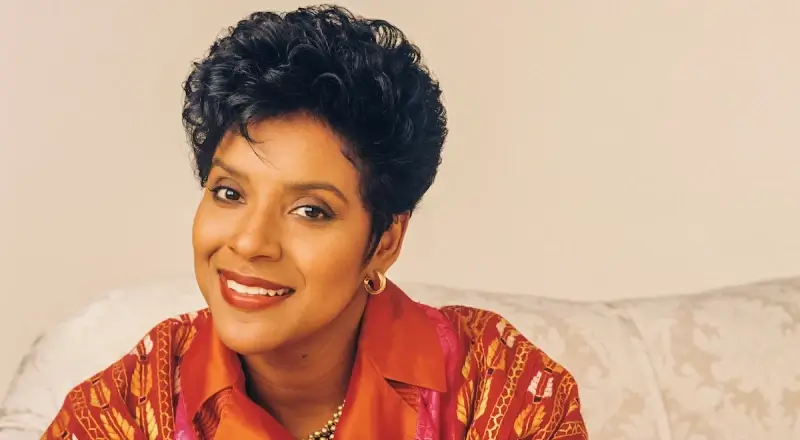
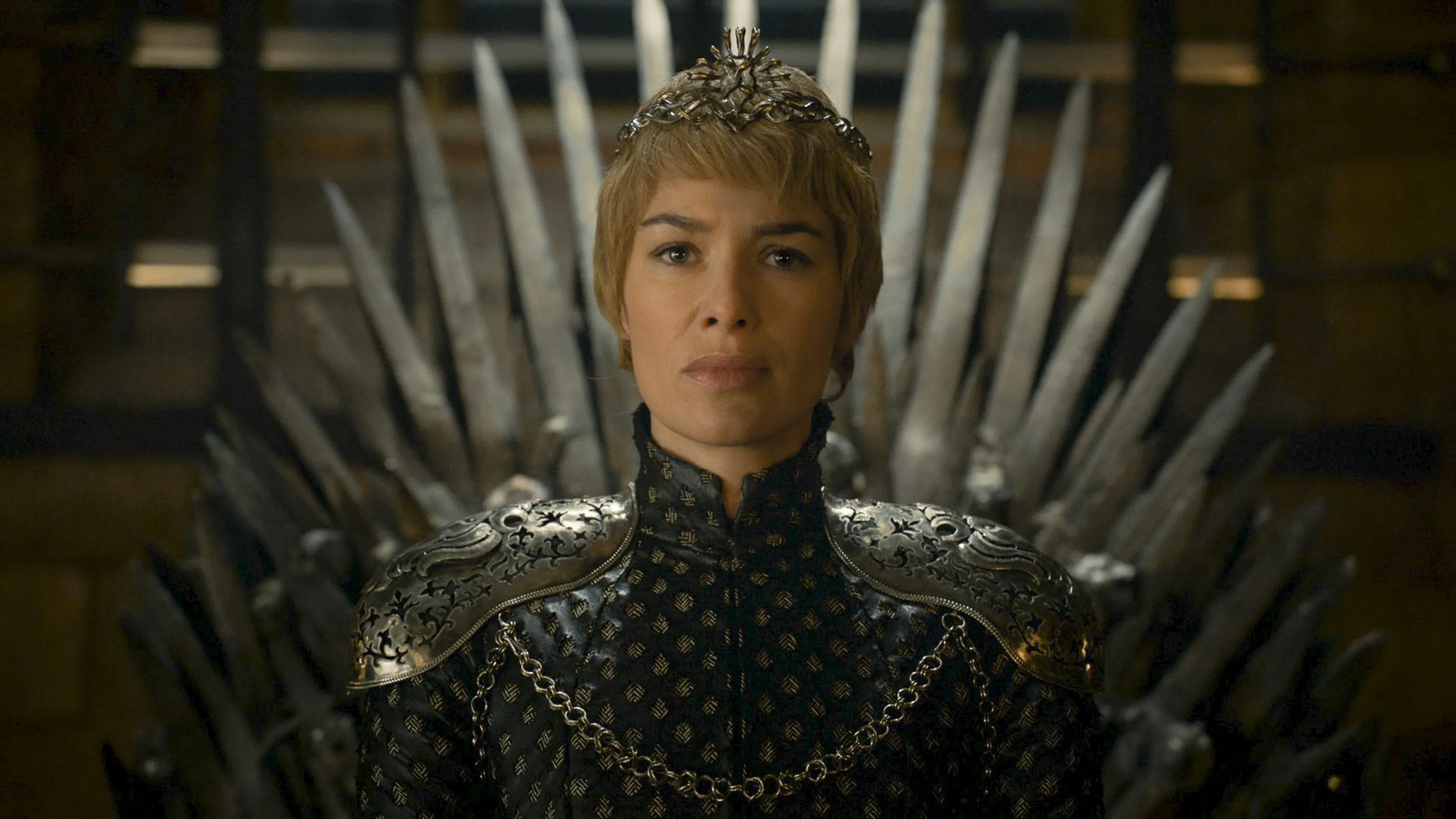




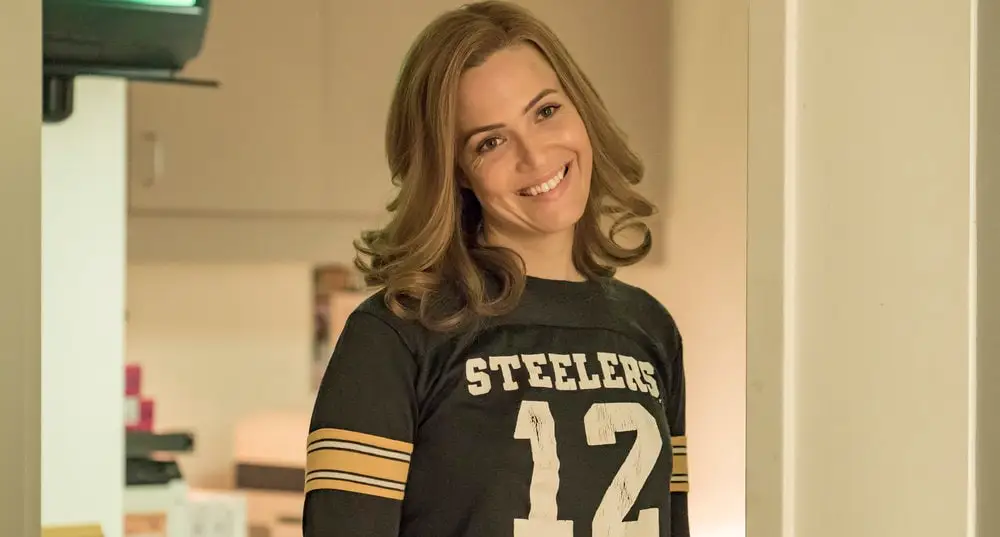


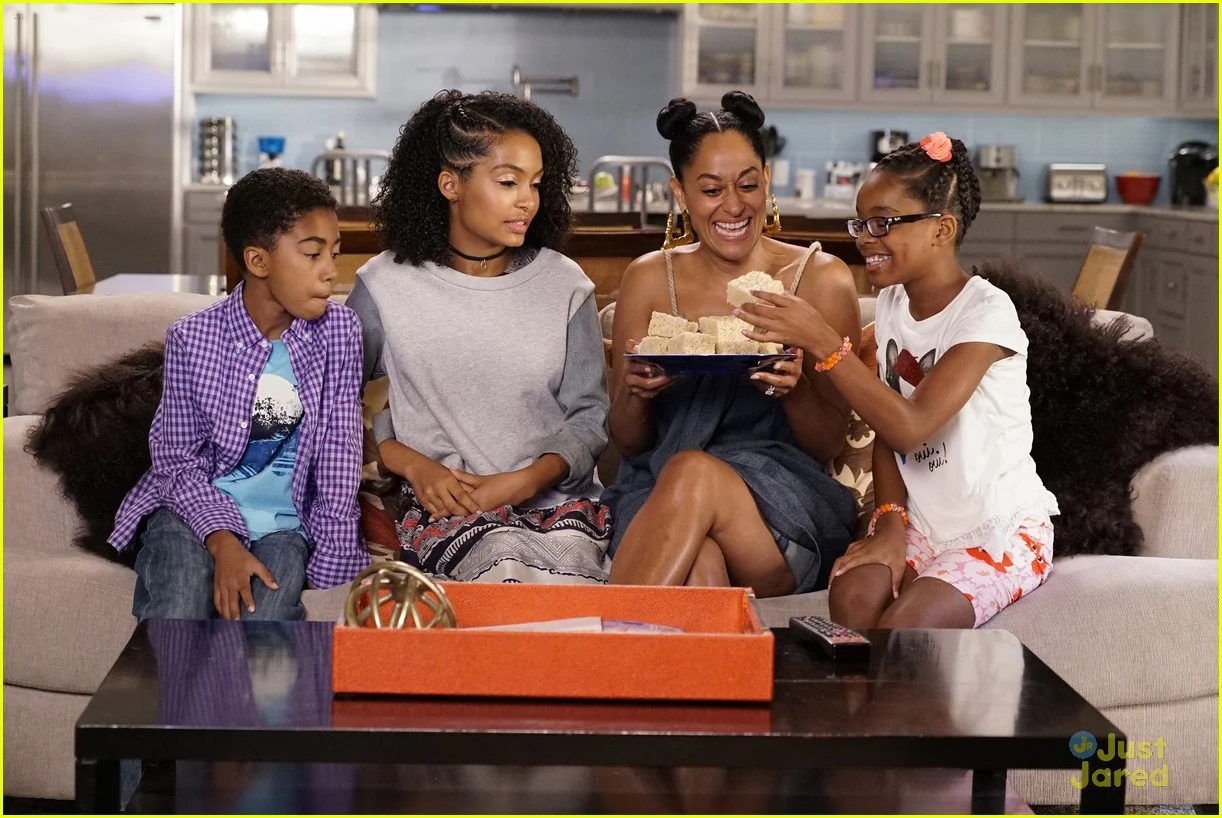

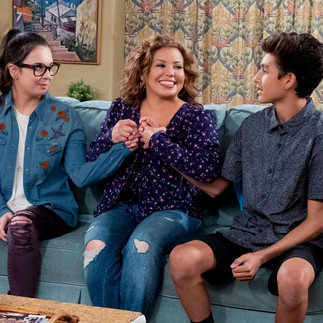
Comments